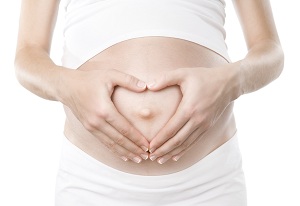Eating fish during pregnancy helps stimulate the development of your child's brain. This is stated by a study led by Dr. Kirsi Laitinen of the University of Turku, in Finland. The research confirms a long list of previous studies linking child development and maternal nutrition.
According to Dr. Laitinen, eating a lot of fish during pregnancy provides a supply of fatty acids to the fetus. The substance stimulates brain growth both in the womb and in the first year of life. In fact, fatty acids help the development of nerve cells in the retina and synapses. As a result, neurons are better connected to each other and messages travel faster in the nervous system.
The researchers examined data from 56 women and their children, who had participated in a larger study. The women had kept a food diary during the gestation period. They had noted the fluctuations in weight, blood sugar levels and pressure. Furthermore, they had marked the possible presence of gestational diabetes and smoking.
The team recorded levels of fatty acids in the diet and blood of future mothers and their babies. For the latter, they analyzed levels at the age of one month and two years. On that occasion, they also assessed the visual system and cognitive abilities. The best results came from children whose mothers ate fish three times a week, especially in the last quarter.
Source: springer.com
















